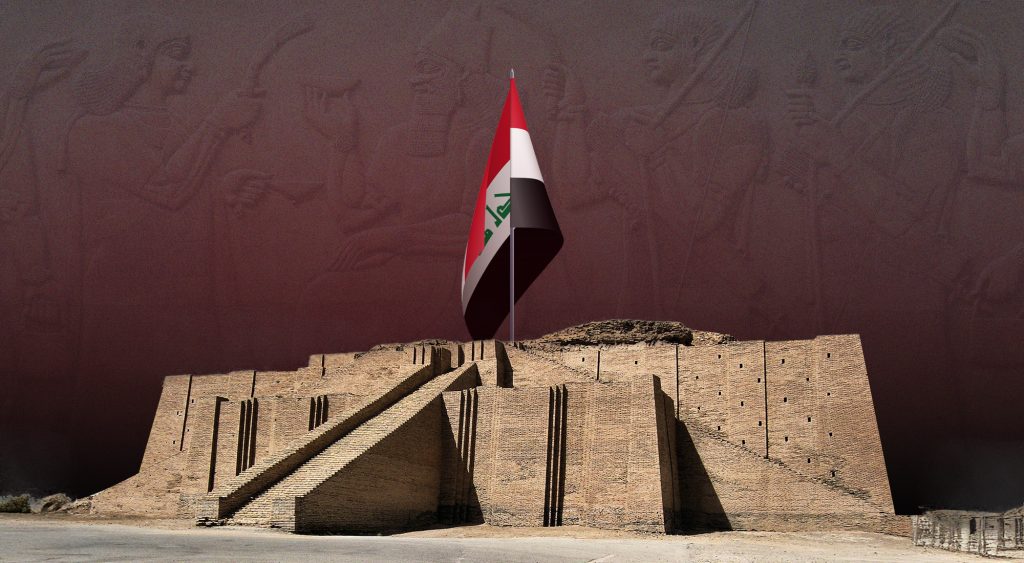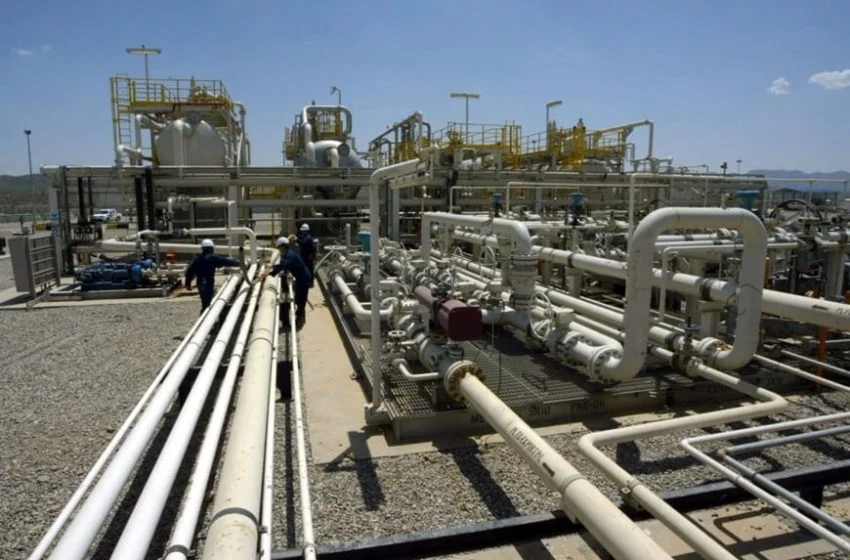Iraq is working towards completing a new wastewater treatment facility in Basra by 2026. The facility will be one of the largest of its kind in the region and construction began in 2022. Basra, located at the confluence of the Tigris and Euphrates rivers near the Gulf in southern Iraq, is one of the few cities in the Middle East that lacks an effective wastewater treatment system.
The wastewater treatment plant, designed in several phases, includes multiple treatment units starting from the first through the fifth phase. The fifth phase covers an area of 120 dunams and is designed to process 150,000 cubic meters of wastewater per day. The treatment process consists of physical, biological, and chemical stages, all aimed at producing environmentally friendly water that can be used for agricultural purposes. Excess water from the plant is directed through a 9-kilometer pipeline into the Shatt al-Basra area.
This plant was built to address the heavily polluted river water that was contaminating drinking water sources. After passing through settling tanks, the water is treated with chlorine in special pools for disinfection before being released back into the river. Some of this water is diverted into “sludge ponds,” where waste byproducts are filtered, and the resulting sludge is used to produce fertilizer.
The Shatt al-Arab river has become so polluted that it now threatens the lives of over four million people in Basra, once a vibrant source of fresh water. The untreated sewage from the city has severely impacted human health, with drinking water being pumped from the Shatt al-Arab and other rivers contaminated by wastewater. Additionally, the local ecosystem, including fish, shrimp, and birds, has been harmed by pollution.
Basra once had a strong wastewater infrastructure in the 1960s, but it has deteriorated over the decades, turning waterways into stagnant, foul-smelling pools due to the desert climate. The new treatment facility, costing 120 billion Iraqi dinars (approximately $91.6 million), will not only treat wastewater but will also help with irrigation for farming, supporting the wetlands, and utilizing waste products as fertilizers.
The treated water will be crucial for improving the region’s water supply, especially given the ongoing water scarcity due to reduced water releases from upstream countries like Turkey and Iran. This treatment project is seen as a vital step in restoring ecological health and biodiversity in Basra’s wetlands.
Basra, severely damaged by wars since the 1980s, faced setbacks during the facility’s construction when Japanese investment withdrew in 2018 due to security concerns caused by protests. However, despite these challenges, the project remains key to revitalizing both the environment and public health in the region.



